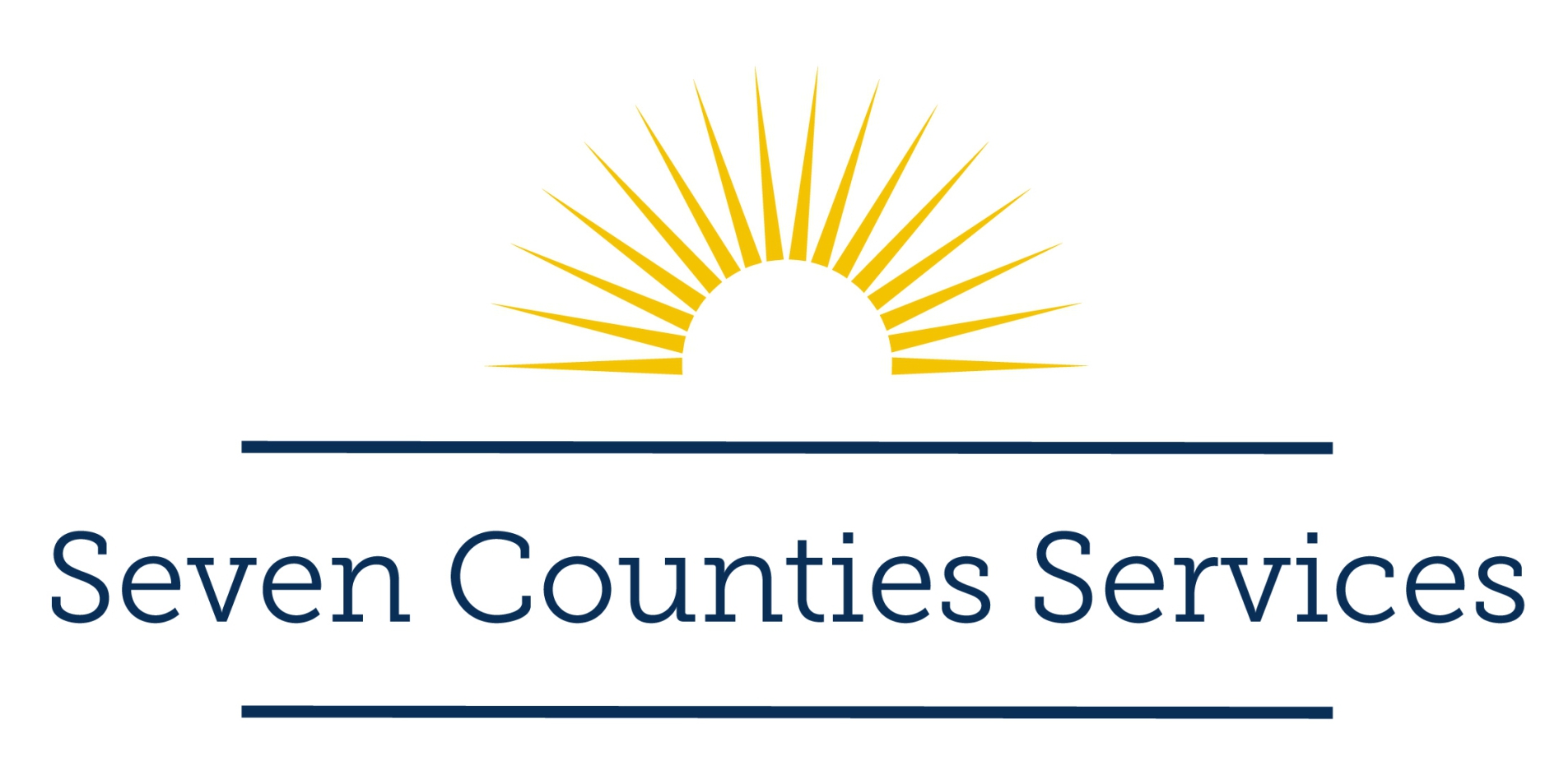Embracing a Better Foster Care System in Kentucky
Kentucky has taken the lead in embracing a new, family-centered approach to foster care. Rather than deferring to child removal in difficult family situations, Kentucky has switched course to provide services, outreach, and support that helps families stay together. By embracing the Family First Prevention and Services Act (FFPSA), Kentucky has unlocked federal funds that will reshape foster care for the better and provide more options for families and children outside of residential placement.
Foster care is generally thought of as the removal of a child/children from the familial home due to safety concerns. Children can be placed with relatives, called kinship care, placed in group homes or residential placements, or placed with a foster family. According to data collected by Kids Count, the overwhelming majority of Kentucky children in foster care are placed outside of the home rather than with relatives. Nearly 10,000 children are in foster care in Kentucky, and research shows that removal from the family home can be a source of lifelong trauma for the child. Keeping children with their families is important for brain development in infants and continued emotional and intellectual growth as children age.
Of those children in foster care in Kentucky, 31% have had more than two placements. Research indicates that children subjected to multiple moves are at an increased risk of incarceration later in life. Multiple placements disrupt the stability necessary to develop meaningful relationships and place additional trauma on children. Further, school enrollment is often interrupted or abruptly changed as a byproduct of multiple placements, adding an additional hurdle for children to try to overcome.
Group homes, specifically, are associated with increased chances of incarceration, homelessness, and a decreased chance of graduating high school. Of the 10,000 youth in foster care, 12% were placed in a group home in Kentucky. A 2008 study found that children living in group homes were 2.4 times more likely to be arrested than those living in foster homes. Even children who are placed in foster homes with families have been exposed to shocking abuses and neglect as there are more children in need of placement than there are families to house them.
There has been a steady increase in the number of children placed in out-of-home care in Kentucky, from 7,569 in April 2014 to just 9,916 in April 2019. This increase has not been met with an increase in available foster homes. In fact, there are less than 6,000 available foster homes in the state—about half of the capacity needed.

Rather than expose our children to further trauma by forcing them into an overextended system, research indicates that evidence-backed and well-implemented services within the home can often be a better approach. Approximately 96% of families participating in family preservation programs safely stay together, but only one-fifth of families who would benefit have received the services.
Implementing Family First is the first step to providing the services that families need. It eliminates the income restrictions that prohibit so many families from receiving services and reallocates funding from out-of-home placement to wraparound services within the home. One of the key advances made by the Family First Act is devoting resources to parental substance abuse. The main reason children are removed from their homes is neglect, specifically as a result of parental substance use. Over one-third of children enter foster care as a result of their parent’s substance use. The Family First Prevention and Services Act funds and expands programs and treatments that address addiction within the family setting. Services aimed at keeping children with their families include in-home, skill-based parenting programs, and treatment services include substance abuse and mental health treatment provided by a clinician.
In some cases, children can stay with their parents in residential treatment programs specifically for parental substance use. Kentucky Strengthening Ties and Empowering Parents (KSTEP) is one of these programs. It is an in-house intensive program designed to connect parents with substance use disorder with treatment within 72 hours of referral. It began in July 2017 and has served 391 families and 770 children. Of those families, 48 children have been placed in out-of-home care or with a relative, meaning 94% of children were able to stay with their parents. Not only has the program helped families stay together, it also costs state taxpayers markedly less. Sobriety Treatment and Recovery Teams (START) is another program that has helped 2,136 children since 2017 by providing quick intensive treatment and peer support. It also offers transportation and childcare to families that need it. Seventy-eight percent of the families in the START program stayed together or were reunified by the close of the case—compared to only 37% of all exits from out-of-home care without the services. Implementing wraparound services to families is cheaper for taxpayers, too. An evaluation of START in California found that for every $1 spent implementing the program, $2.52 is saved in foster care costs.
Two of the agencies in charge of implementing some of these changes are Seven Counties Services and Bellwood and Brooklawn. Both Seven Counties and Bellwood & Brooklawn work together to provide a continuum of care for vulnerable individuals and families. In addition to family preservation programs, they provide crisis intervention, substance abuse treatment and prevention, and therapeutic treatment and placement for children. Speaking to the changes, Natalie Kelly, Vice President of System of Care Services for Seven Counties / Bellewood & Brooklawn said, “The opportunity to intervene with families sooner and while the child is still at home and in the community is encouraging and rewarding work. We are seeing how impactful it is for families. For those children with behavioral health needs who enter out of home care and require residential treatment, the Family First Prevention Services Act has moved the focus from just a placement to a trauma-informed, evidence-based, and family-involved treatment model.”
Collectively, the expansion of services addresses substance abuse problems around the state, including the opioid epidemic, in a holistic way that focuses on healing rather than further trauma and removal. The Family First Prevention and Services Act, and its provisions related to helping parents recover from substance abuse problems, represent the first step in the overhaul of the child welfare system, which will take time. It is a necessary and positive step that aims to keep children with their families while providing services and programs to help both families and children thrive. Even when children must be removed from their homes, the Act expands options for kinship care and increases the standards to which foster families and out-of-home placement facilities must adhere. The transition to a family-focused child welfare system is a lengthy endeavor affecting every element of the system, but one thing is for certain: Kentucky’s children are worth it.
Written by Erinn Broadus




